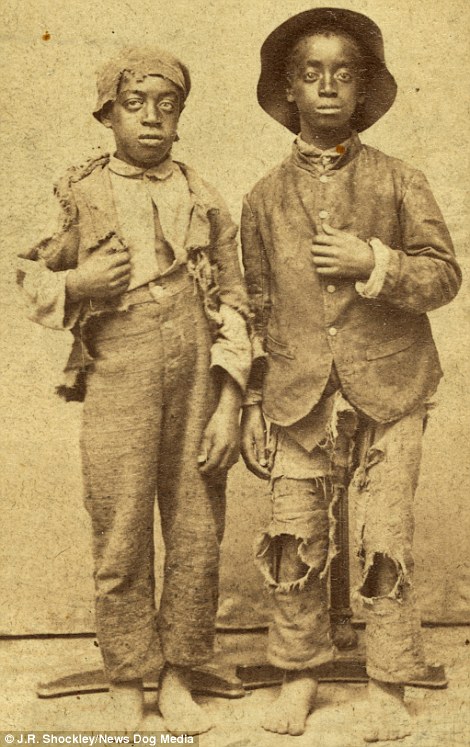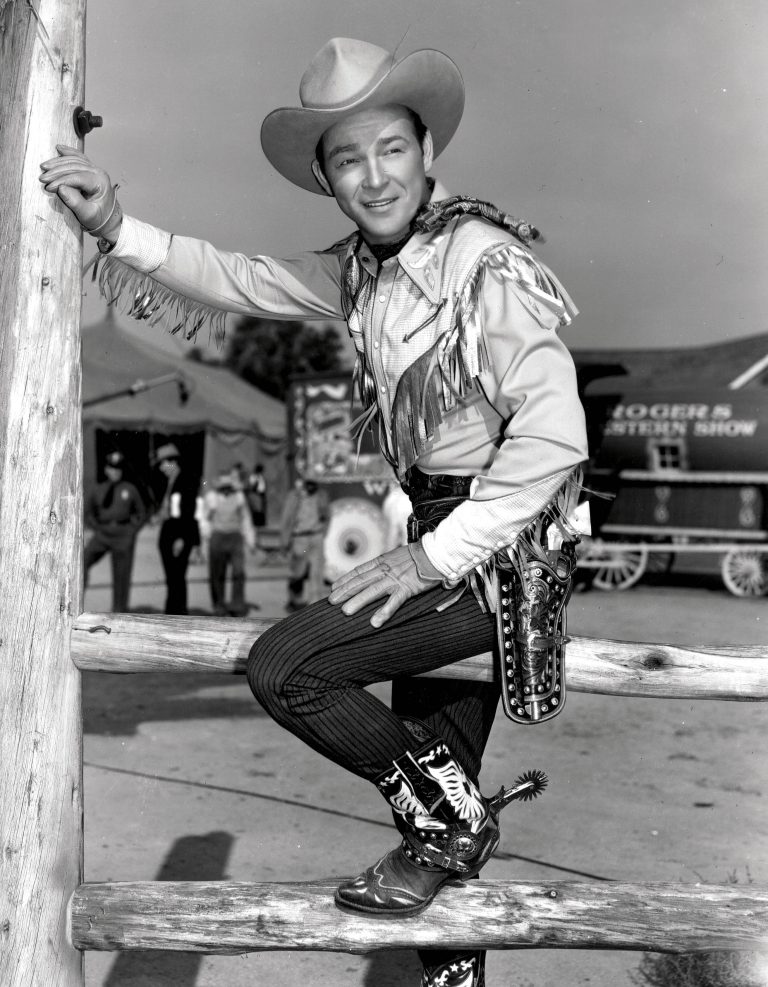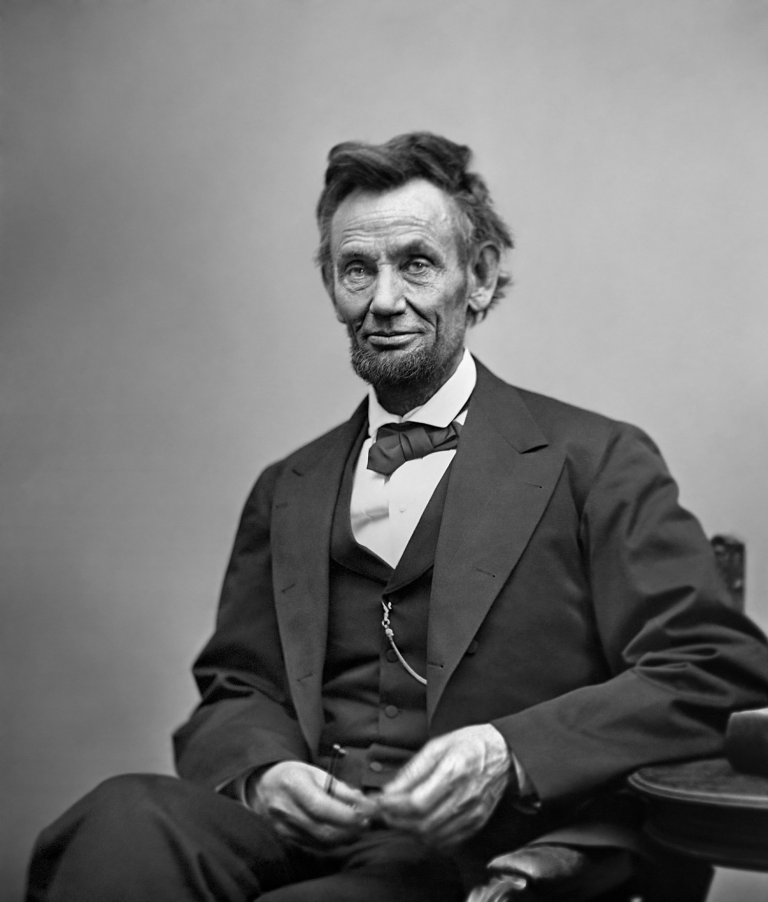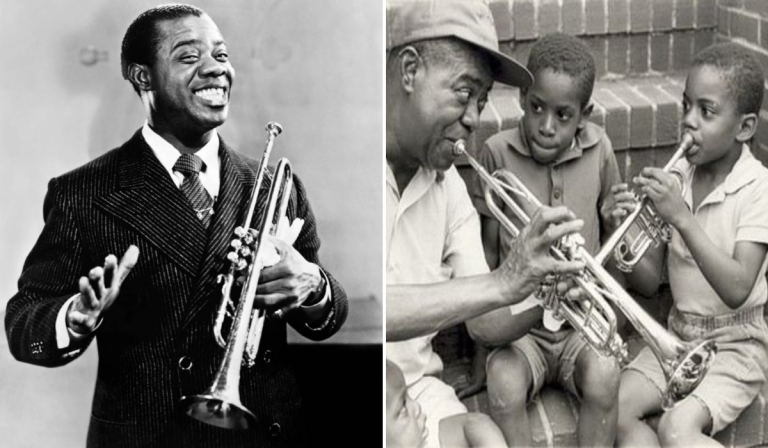The Story of Booker T. Washington – From Chains of Slavery to a Beacon of Hope
In a shabby little cabin in Virginia in 1856, a child was born into bondage. He never knew his father; his mother worked as a cook for the plantation owner. His name was Booker T. Washington. For him, childhood meant no toys, no freedom—only the crack of the whip, endless toil, and the suffocating weight of slavery.

Then came the Civil War. At just nine years old, Booker witnessed a miracle: slavery was abolished. For the first time, he tasted the sweetness of freedom. But freedom came with its own harsh reality—poverty, ignorance, and the iron wall of racial prejudice.
Booker had a strange, burning dream: to learn to read and write. While others in his situation struggled simply to survive, he longed for education. He once walked miles just to glimpse inside a schoolhouse. To pay for his studies, he worked in coal mines and furnaces, his hands blistered, his face black with soot, yet his heart aflame with conviction: “Education will set us free.”

Through years of hardship, Booker not only entered Hampton Institute but graduated with distinction. The boy who had once been enslaved now carried within him a mission greater than himself: to lift up an entire people.
In 1881, he founded the Tuskegee Institute in Alabama, a school for African Americans. But Tuskegee was no ordinary school. Here, students learned not just books, but trades, discipline, and self-respect. Booker believed that only through knowledge, labor, and character could his people rise above prejudice.
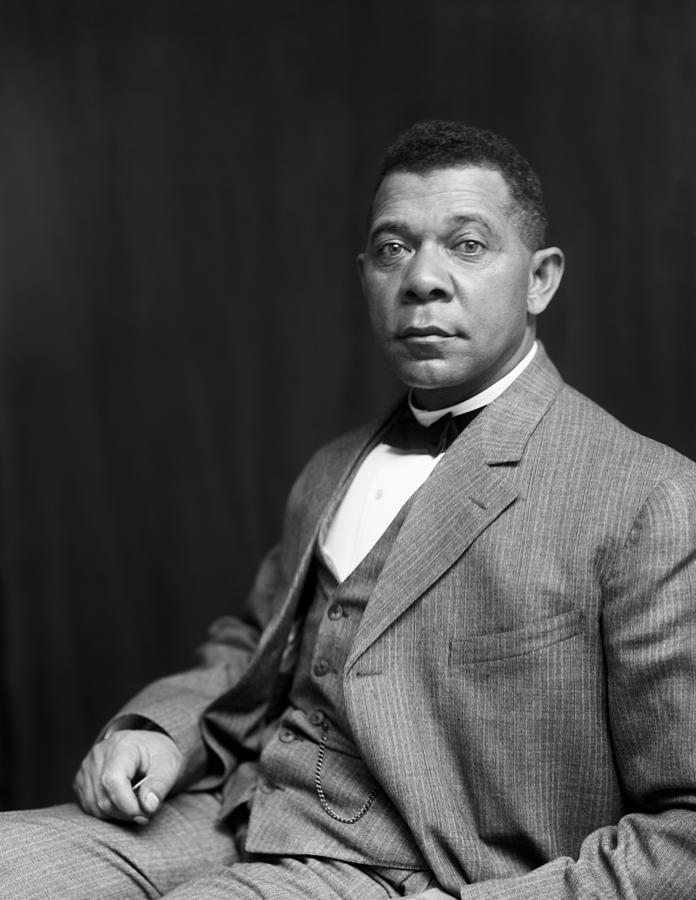
From humble beginnings built by the hands of teachers and students, Tuskegee grew into a powerhouse of education, producing thousands of skilled graduates who could claim a place in society.
Yet his path was not without controversy. Washington was criticized for his philosophy of “accommodation,” accepting segregation in exchange for economic progress. But he believed that patient, steady growth—rooted in education and work—was the surest road to lasting freedom.
By the time of his death in 1915, Booker T. Washington had become the most influential African American leader of his era. To millions, he was a Beacon of Hope—a man who had risen from the chains of slavery to the heights of leadership, leaving behind a legacy carved in truth: No matter how heavy the burden of poverty and prejudice, a human being can rise through education and determination.


